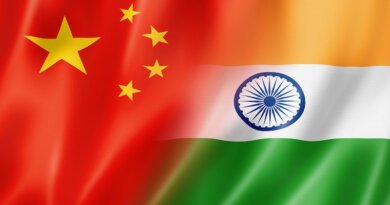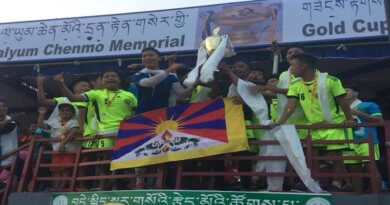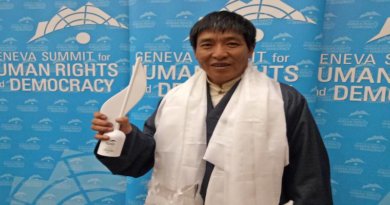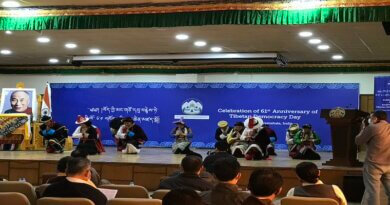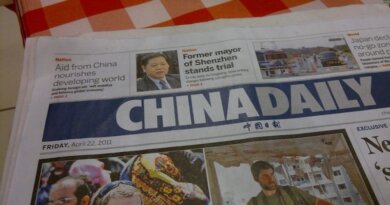Fear of China: French venues refuse to host Former CTA Sikyong
By Tenzin Chokyi

DHARAMSHALA 17 Oct: After months of rejections from dozens of venues, organisers in France were forced to hold a talk by Dr Lobsang Sangay on 15 October at an undisclosed location, highlighting the prevsasive influence of Chinese soft power on French institutions.
Stephanie Mareva Failloux, President of the Harvard Club of France, described the search for a venue as one of the group’s greatest challenges to date, noting that the process “revealed not only the reach of Chinese soft power but, more profoundly, the quiet and persuasive power of fear: the fear of not conforming, the fear of standing out, the fear of speaking up.”
Shedding light on the pervasive reach of Chinese soft power and, perhaps more strikingly, the quiet but powerful role that fear plays in shaping institutional decisions, she stated in a post on her official Facebook handle that “Despite months of effort, we couldn’t find a single institution, company or school willing to host us. We knocked on dozen’s of doors, all remained closed.”
It was only after persistent efforts that they “finally found a historic and spiritual venue – the perfect setting for such an honest and enriching encounter.”
President of the Harvard Club of France has added that the group, which had previously met Dr Lobsang Sangay six months earlier at a private lunch in Paris, was “captivated by his story, his commitment to preserving Tibetan heritage in the face of erasure, and his inspiring vision of leadership and democracy”. According to her, the talk was their way of bringing his perspective into their community.
In a Facebook repost of Stephanie’s message, Dr Lobsang Sangay acknowledged the bravery and determination of the group. He stated, “Indeed, Stephanie was very brave and determined to secure a venue, even after dozens of rejections, whether due to self-imposed or external pressure. She was truly a warrior and is now an honorary member of the Tibetan freedom movement.”
Over the years, public institutions in France have shown tacit complicity in China’s extensive cultural hegemony, which includes undermining Tibetan identity and culture to the point of near eradication.
Last year, to mark the Franco-Chinese Year of Cultural Tourism and the 60th anniversary of diplomatic relations between the two nations, museums such as Guimet and Quai Branly renamed Tibet using China’s colonial and reductionist term “Xizang,” and rebranded the “Himalayan world” to designate Tibetan arts and culture.
Through relentless and consistent campaigning by the Tibetan exile community, led by various NGOs with SFT France at the forefront, the name “Tibet” was restored in Quai Branly. However, Musée Guimet and its president, Yannick Linz, have remained adamant in their complicity with China’s transnational colonial campaigns.
UN experts, in a letter addressed to both the French and Chinese governments, have raised alarm over alleged collaboration between Chinese authorities and prominent French museums, including the two mentioned above, in replacing the name “Tibet” with sinicised terms like “Xizang” and “Himalayan world”. They warned that these actions undermine the cultural rights of Tibetans and their right to self-determination.
The UN intervention regarding the renaming controversy has so far gone unanswered by the French government, signaling a troubling disregard for international concerns over Tibet’s cultural rights. This neglect mirrors the difficulties organizers faced in securing a venue for Dr. Lobsang Sangay’s talk, pointing to a pervasive unwillingness to confront the pressures exerted by Chinese soft power.

